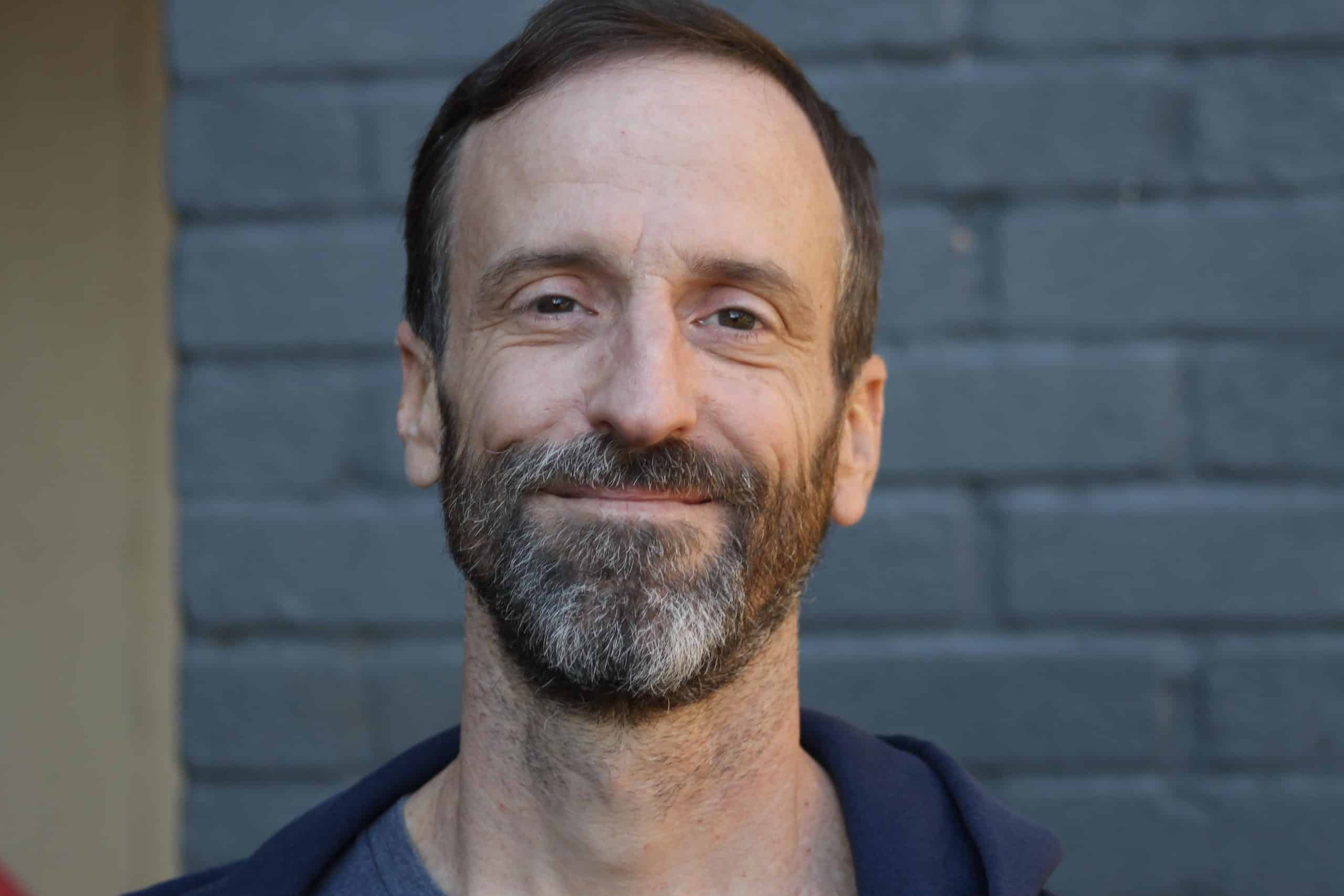He should be imprisoned for the rest of his life along with his co-conspirators, the trigger-men, Jonathan Mattingly and Myles Cosgrove.
It’s getting harder to deny the likelihood that Kentucky attorney general Daniel Cameron lied, and lied multiple times, when he explained why a grand jury decided not to charge any police officer with a crime for killing Breonna Taylor. Cameron’s office presented evidence to the jury, but the only criminal charges he announced last week were against Brett Hankison, the Louisville officer who fired blindly into Taylor’s apartment on March 13 and accidentally sprayed ammo into a neighboring unit. The “wanton endangerment” charge he’s facing means that the only officer who will suffer legal consequences for the events surrounding Taylor’s death, at least for now, is the only one who didn’t have a direct hand in killing her. The other officers involved, Jonathan Mattingly and Myles Cosgrove, shot Taylor six times out of more than 30 rounds fired between them.
When Cameron announced this decision to the public, he characterized it as a just resolution to a universally accepted set of facts. “The warrant [that the police used to enter the apartment] was not served as a ‘no-knock’ warrant,” he claimed, rebuking witness accounts that officers had failed to announce their presence before bursting into Taylor’s home, causing her boyfriend Kenneth Walker to think they were being burglarized and shoot one of them in the leg. Walker’s bullet was the police’s justification for opening fire, which killed Taylor, who was unarmed. But failing to announce themselves as police would undermine that defense: Under Kentucky’s “castle doctrine,” law-enforcement officers are the only home invaders that residents aren’t allowed to use deadly force against, but only if they clearly identify themselves as law enforcement.
This wasn’t the only dubious claim that Cameron expected the public to take at face value. He also said that the grand jury agreed that Taylor’s death was justified. “While there are six possible homicide charges under Kentucky law,” he explained, “these charges are not applicable to the facts before us because our investigation showed — and the grand jury agreed — that Mattingly and Cosgrove were justified in the return of deadly fire after having been fired upon.” But the grand jury may not have actually agreed.
On Monday, one of the jurors took the extraordinary step of filing a court motion to make transcripts of the grand jury deliberations public and allow its members to speak publicly about how they unfolded, according to the New York Times. Grand jury deliberations are subject to strict secrecy, and the evidence they consider usually only becomes public in court if there’s prosecution. The unnamed juror claimed that Cameron had misrepresented the jury’s case to the public, and that the jurors were never given the option to indict officers Mattingly and Cosgrove. If true, this would appear to undermine Cameron’s claim that the jury was unanimous that Taylor’s death was legally justified.
It also casts more doubt on his earlier accounts. Cameron’s claim that the officers clearly identified themselves — and therefore weren’t executing a no-knock warrant — is supported by the testimony of the officers themselves and one witness, a neighbor of Taylor’s. But roughly a dozen other neighbors claim not to have heard anything until the police battered in Taylor’s door. And investigative documents recently obtained by the Louisville Courier-Journal show that the AG’s lone nonpolice witness originally said they heard nothing, only changing their story months later when investigators circled back for another interview.





























